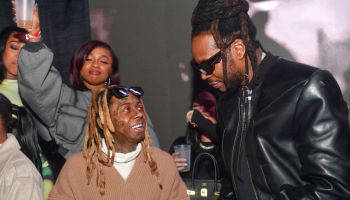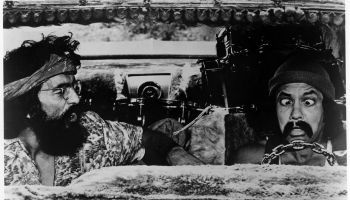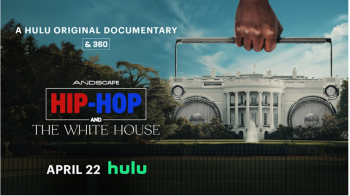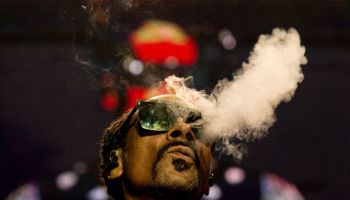On this last day of Black History Month 2010, I’d like to share with you a project I’ve had the pleasure of producing with my good friend and filmmaker Queon Martin. Queon came to me a few years ago with the idea of starting a non-for-profit organization titled Hip-Hop TV 24/7. The program helps youth in the inner city to realize their talents and how they can be assets to society.
One of the first ways he thought of getting their minds in tune to the power and strength of the black community was to do a documentary on the people of The Black Wall Street era. This is what Queon has to say about the intent of this film:
‘The purpose of this documentary and the series of Bridging The Gap Between History & Hip-Hop is to spark conversation amongst youth and adults alike to look deeper into the stories about American history that are not often told. We want our youth who are influenced by the culture of hip-hop to learn from Americas past to help shape the future for themselves and their peers in Hip-Hop Culture.
In Bridging The Gap Between History & Hip-Hop: Black Wall Street, we introduce the story told about a group of successful African Americans, of a 36-square block section of North Tulsa, Oklahoma (Greenwood) in 1921 where over 600 thriving African American businesses prospered. Numerous educated African American doctors, lawyers, teachers, business owners, oil men and entrepreneurs actually controlled their own destinies in a society that prevented them from venturing into other parts of the city. Strict Jim Crow laws were set-up and made it illegal for African Americans to go into other parts of the city, except to work for a White family or business.Curfew laws were set up and were strictly enforced.
At one point, something fascinating began to happen – the black dollar was circulating throughout the African American community numerous times. There were several African American millionaires and dozens of wealthy African American business owners who actually made Black Wall Street successful. They owned private airplanes, a bus line, restaurants, general stores, feed and grain stores, beauty salons, real estate companies, nightclubs, hotels, a bank, schools, churches and two theaters- one of which had over seven hundred seats. During those times the KKK practically owned and controlled the entire state of Oklahoma. They eventually set out to systematically destroy this major African American economic movement in their midst.
Afterwards we ask a series of questions to a group of successful African Americans in hopes of taking what the community of Black Wall Street started back in the early 1900s and how to implement it in today’s times with the culture of Hip-Hop.’
Queon was relentless in his passion of getting this project done. Mostly produced on grit and grind this project was done for the education of others. I respect his push to take his idea and make it reality. With commentary from the entertainment world’s journalists, executives, entertainers and comedians, you are sure to be engaged in the conversation that will spark your own thoughts on the subject. .Much appreciation to all those involved in this project.
<p style='margin: 0.0px 0.0px 12.0px 0.















